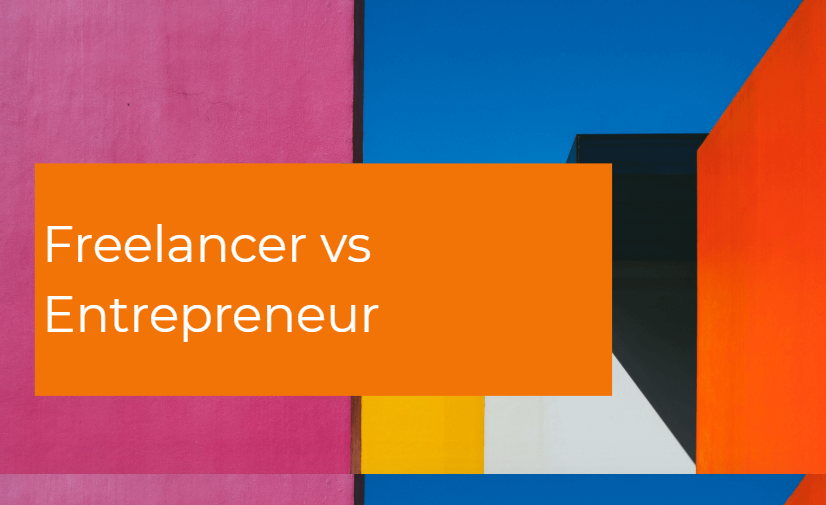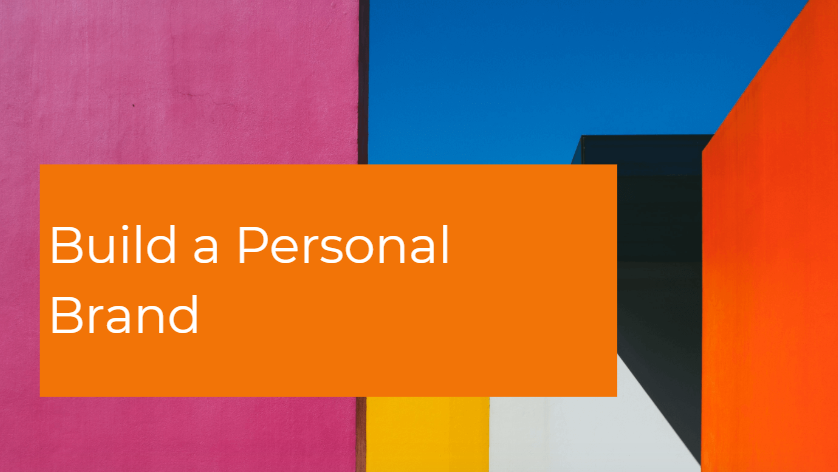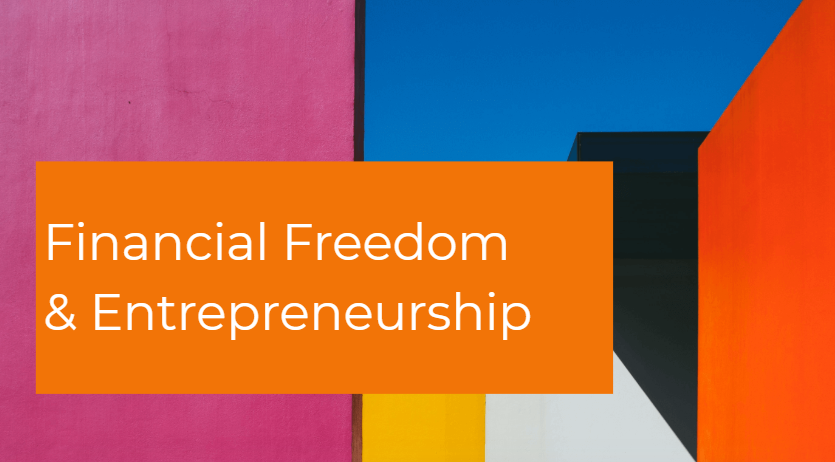They both work for themselves. They both value independence. But freelancing and entrepreneurship are two very different journeys—with different risks, rewards, and mindsets. So… which one fits you best?
What Is a Freelancer?
A freelancer is an independent professional who offers services to clients on a project or hourly basis. Think graphic designers, copywriters, virtual assistants, web developers, social media managers, and more. Freelancers usually work for clients—not with them as partners—and get paid for their time or output.
Key traits:
-
Service-based work
-
You are the product (you sell your time and skills)
-
Often short-term or ongoing contracts
-
High flexibility and low overhead
-
Income tied directly to hours worked
Example: A freelance video editor works with five clients per month, charges per project, and delivers edited videos with quick turnarounds.
What Is an Entrepreneur?
An entrepreneur builds a business that can grow independently of their personal time. They may start solo, but they create systems, hire others, or build products that can scale. Entrepreneurs focus on building assets—like a brand, a platform, or a product.
Key traits:
-
Vision-driven and long-term thinking
-
Focus on scalability and growth
-
Often create products, courses, or software
-
May hire a team or use automation
-
Income can grow independently of time invested
Example: A digital entrepreneur launches an online course platform and builds a brand that sells knowledge products 24/7 without 1-on-1 work.
Freelancing vs. Entrepreneurship: A Head-to-Head Breakdown
| Category | Freelancer | Entrepreneur |
|---|---|---|
| Income Model | Time-for-money | System or product-based |
| Control | Full control of workload | Full control + risk ownership |
| Scalability | Limited (hours = income) | High (business grows beyond you) |
| Risk Level | Lower startup risk | Higher upfront risk |
| Startup Cost | Low (just laptop + skills) | Medium to high (platforms, marketing, team) |
| Freedom | High flexibility | High control, but more responsibility |
| Mindset | Service provider | Builder and strategist |
Which One Is Right for You?
Let’s help you decide by looking at the key questions that reveal your ideal path:
1. Do You Want Freedom Now or Freedom Later?
-
Freelancing gives you immediate freedom and income.
-
Entrepreneurship takes time to build—but can give you freedom from working altogether later on.
🔸 Choose freelancing if: You need fast income, flexibility, and minimal risk.
🔸 Choose entrepreneurship if: You’re willing to work harder upfront for greater long-term payoff.
2. Do You Enjoy Doing the Work or Creating the Machine?
-
Freelancers love “doing” (designing, writing, coding).
-
Entrepreneurs love “building” (systems, funnels, products, strategy).
If you’re passionate about your craft, freelancing might fulfill you more.
If you want to lead, automate, and scale—entrepreneurship is calling.
3. Are You Comfortable with Risk and Uncertainty?
-
Freelancing: lower risk, but still variable income.
-
Entrepreneurship: higher potential, but greater pressure and upfront investment.
Entrepreneurs must handle uncertainty well and make big decisions with incomplete information.
🔸 If you prefer stable, controlled work—start with freelancing.
🔸 If you crave growth and don’t fear calculated risk—entrepreneurship is your road.
Can You Be Both?
Yes. And actually, the best path is often to start as a freelancer and grow into an entrepreneur.
Here’s how:
🛠 How to Evolve from Freelancer to Entrepreneur
1. Productize Your Services
Instead of charging hourly, create fixed packages. For example:
-
“Logo design + brand guidelines in 5 days – $750”
-
“3 SEO blog posts + research – $600”
This adds structure, increases your income per hour, and makes it easier to scale.
2. Build Digital Products
Turn your knowledge into income streams:
-
Templates
-
Ebooks
-
Mini-courses
-
Notion or Canva kits
These sell 24/7 without trading time for money.
3. Automate and Delegate
Start outsourcing small tasks:
-
Use AI tools like ChatGPT, Notion, and Zapier.
-
Hire a VA for admin work or an editor for your videos.
This frees your time for business development.
4. Build a Brand, Not Just a Service
Create a content strategy. Share value consistently on LinkedIn, Instagram, or YouTube.
Position yourself not just as a freelancer—but as a trusted voice in your niche.
5. Think Like a CEO
Ask questions like:
-
How can I replace myself in this process?
-
What would this look like at 10x the scale?
-
How can I turn my expertise into a system or platform?
Final Thoughts
There’s no “better” path—only the one that matches your current season of life and your vision.
Freelancing gives you freedom and income now.
🚀 Entrepreneurship builds the systems that let you scale and eventually step back.
Start as a freelancer. Learn the market. Build confidence.
Then evolve into an entrepreneur who owns the full game.


